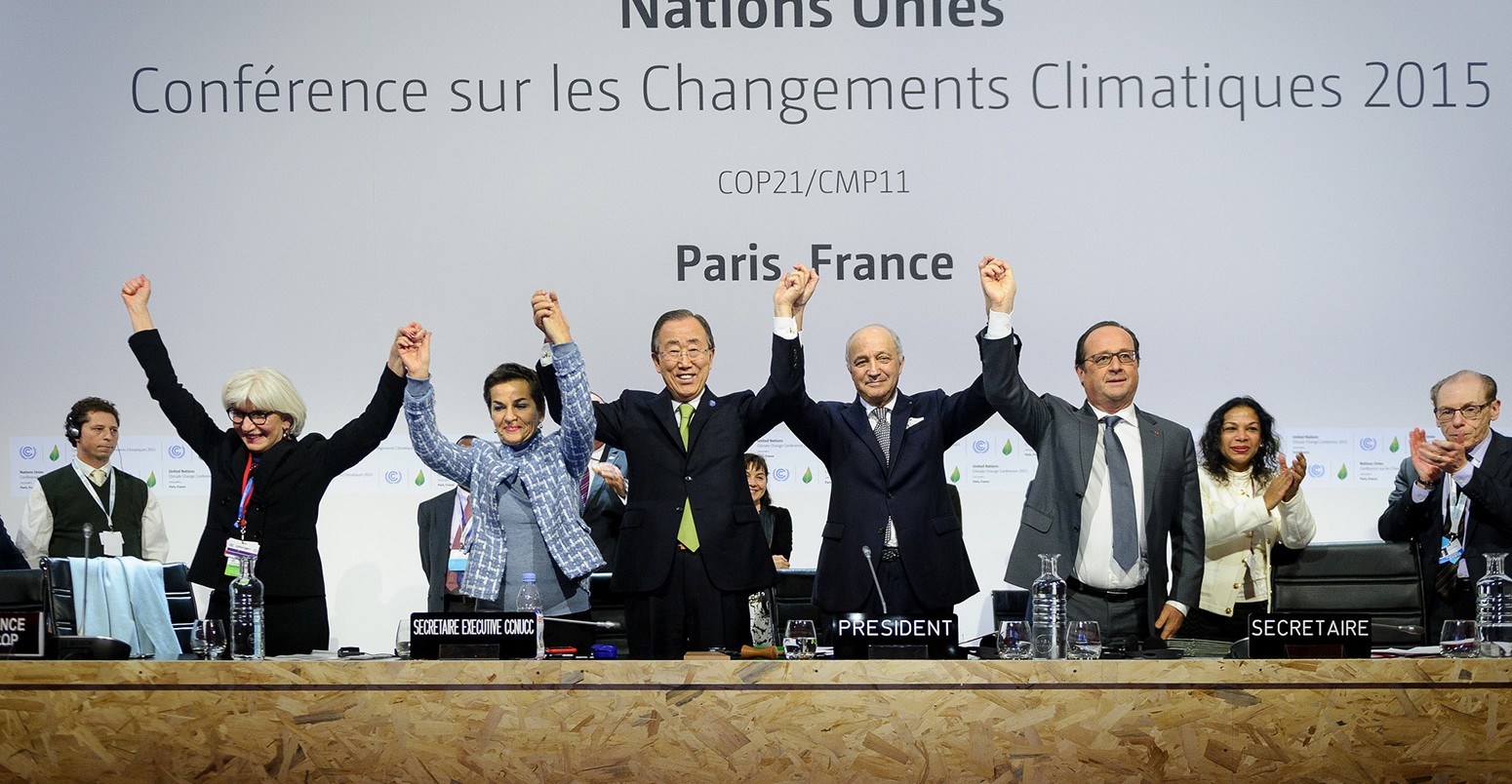One question that comes to me while reading the Net Zero in New Zealand report is, “why isn’t the government producing reports like this?” It’s a question worth exploring for how we are going about the task of climate change policy-making in New Zealand.
What GLOBE-NZ have commissioned is a really valuable insight into different ways that we might address climate change. The scenarios help show what it would take to achieve the Paris Agreement goal of net zero emissions in the second half of the twenty-first century. They show what contributions different sectors of the economy would contribute. They identify the possible outcomes that policies and pricing instruments could seek to achieve, which gives us the basis for starting to build more effective policy packages. As the report says, the scenarios provide support for decision-making about complex systems. And certainly climate change policy-making is complex; it affects the whole economy, there is no simple relationship between economic success and climate change mitigation, and human behaviour is often hard to predict.
All three scenarios elaborated in the study are based on a significant decarbonization of the energy sector. The first scenario (Off Track NZ) focuses on efficiency gains in the energy and land sectors without significant changes in technology and land use. It is right in identifying major energy efficiency gains as being quite realistic and indeed profitable. Equally, an electricity system that uses renewable generation almost entirely is reasonably foreseeable. A transport system that is mainly electric and is otherwise highly efficient is a real possibility. Most building heat and at least some industrial heat can move to electricity or biofuel. But we have to be realistic and recognise that so far very little policy effort has gone into driving these changes. Even more sobering is the conclusion that this extensive transformation of the energy sector is necessary but not sufficient to produce a net zero economy.
The study’s key conclusion is that land use change as well as energy sector change is essential. The second scenario (Innovative NZ) focuses on breakthrough technologies in energy and agriculture and more diversification of land use, and the third (Resourceful NZ) on change in forestry, with a major increase in afforestation. It is a striking reminder that the New Zealand economy and way of life are never far from the land.
So we can be glad that GLOBE-NZ and Vivid Economics did this work. I hope they do more, and that New Zealand organisations can pick up the baton and race ahead with responding to evidence gaps identified in the report. We have seen similar scenario analysis – kayak and waka – from the BusinessNZ Energy Council. Work of this kind can contribute hugely to a shared understanding of the issues, even if different people have different interests to argue for. Climate change as a policy area is in particular need of efforts to improve shared understanding; it is technical, it is all-pervasive, it calls for near-term responses to long-term problems, and it is highly contested. It is often made more difficult because of ignorance and untested assumptions, such as about the cost of different kinds of action.
But government agencies are not providing this kind of insight and analysis to any real degree. Why not? Surely they have a duty to contribute to public awareness and understanding of the issues in their field, and they should be making sure that they develop policy on a sound evidentiary basis. What we do get from the government is occasional, uninformative and unsystematic. Examples: in 2015, leading up to Paris, the government commissioned reports that were constrained in their assumptions and did not go into the effect of policy settings. In 2016, in announcing the electric vehicle package, the government produced no estimate at all on projected emissions reductions. Also in 2016, the government released energy efficiency proposals based on an analysis that still had not appeared when the consultation period closed. The government reports systematically to the UNFCCC Secretariat about our past and current emissions and provides high-level projections, but needs nudging and prompting to provide more detailed forward-looking information about the effects that it thinks its policies and measures will produce. The Royal Society Expert Panel on Climate Change Mitigation found that New Zealand has very limited publicly available information about what we can and need to do, or the costs and policy options for the implementation now, or later.

Under the Paris Agreement, all Parties are invited to provide information by 2020 on their low-emission development strategies. Also in Paris, New Zealand signed up to the 2050 Pathways Platform initiative. Yet there is no systematic, transparent domestic process in place for creating a low-emission development strategy for New Zealand backed by technical advice and social consensus.
We need information about the results that different policy actions are likely to produce. We need to analyze their costs and benefits; many, especially in energy efficiency and public transport, are cost-negative, they actually pay for themselves even before you consider their GHG reductions. We need to map those opportunities out by sector; what each sector of society and the economy can contribute. We need to map them out over time, so that we can understand what we need to do year by year if we are to treat our 2040 or 2050 targets realistically. We need emissions pathways, carbon budgets, and like instruments. The government should take a role in this and not leave the work to organisations like GLOBE-NZ and the BusinessNZ Energy Council. Certainly, government agencies and other organisations are bound to go off in different directions and make different assumptions in their work. But there is a gap in government information and analysis that makes it more difficult to have a rational debate about climate change policy.
R Sims et al, “Transition to a Low-Carbon Economy for New Zealand” (Royal Society of New Zealand, 2016, available royalsociety.org.nz).




Leave a comment